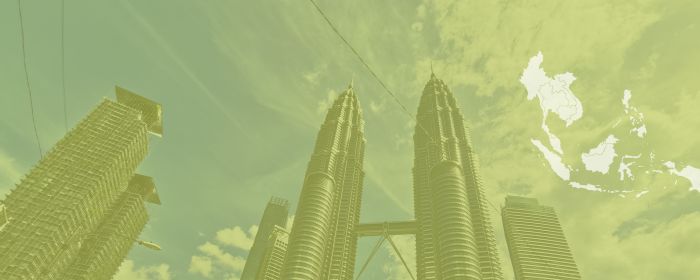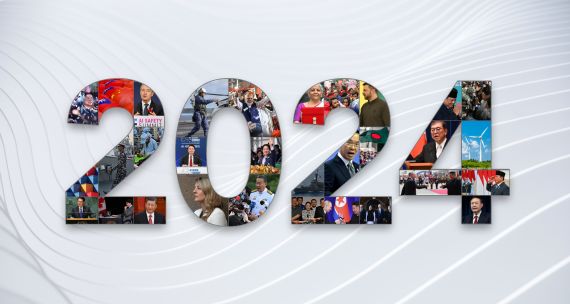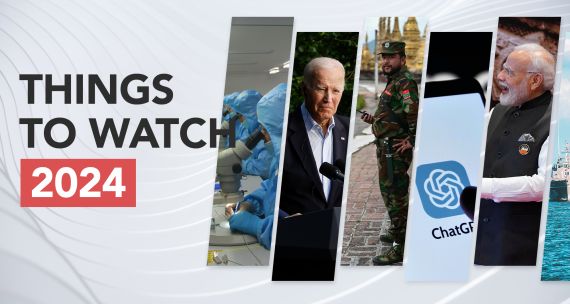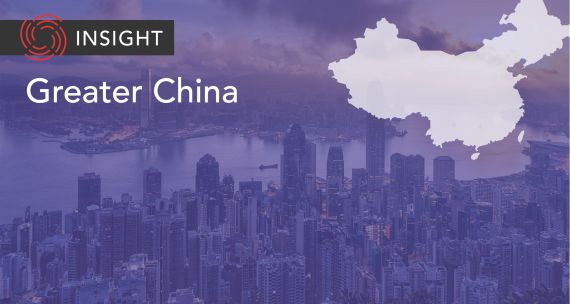The Takeaway
Prime Minister Anwar Ibrahim presented the largest budget in Malaysia’s history on February 24 — a staggering C$118 billion (388.1 billion Malaysian ringgit) primarily focused on the development of low- and middle-income groups hardest hit by the COVID-19 pandemic. The budget aims to help the poor, tax the rich, and stimulate growth as the economy battles high debt and rising living costs. Some experts view it as an “election budget,” as the government's fate is set to be tested again in upcoming state elections.
In Brief
Anwar’s budget surpassed former prime minister Ismail Sabri Yaakob’s 2022 budget of C$100.85 billion (332.1 billion ringgit), which was not passed due to the dissolution of the House of Representatives (known as the Dewan Rakyat) for the 2022 general election. Anwar unveiled his budget's theme as ‘Developing Civil Malaysia,’ resting on three main principles: economic stimulation, institutional and governance reforms, and social justice. Faced with a debt of C$456 billion (1.5 trillion ringgit) — equivalent to nearly 80 per cent of the country’s GDP — and a bleak 2023 growth forecast, Anwar delivered an expanded budget allocating C$87.6 billion (289.1 billion ringgit) for operations, C$29.4 billion (97 billion ringgit) for development, and C$606 million (2 billion ringgit) for contingencies.
The enhanced development allocation will be spent on poverty reduction and restoring public infrastructure and rural facilities. In addition to helping the poor and taxing the rich, Anwar’s budget aims to support small businesses, attract investment in key sectors, fight corruption, and enable a transparent, healthy, and competitive economy.
Implications
The budget insulates most of the population from the effects of high costs of living through C$2.4 billion (8 billion ringgit) in cash handouts targeted at the poorest 60 per cent of the population. The budget also doles out cash assistance of up to C$725 (2,500 ringgit) for each low-income household. The aid package is a counter to high inflation, identified as the top concern in a recent national public opinion survey. Meanwhile, the wealth redistribution model in the budget seeks to boost revenue through raised progressive income taxes on the rich and new taxes on luxury goods, tobacco and vape goods, and capital gains — the details of which are not yet known.
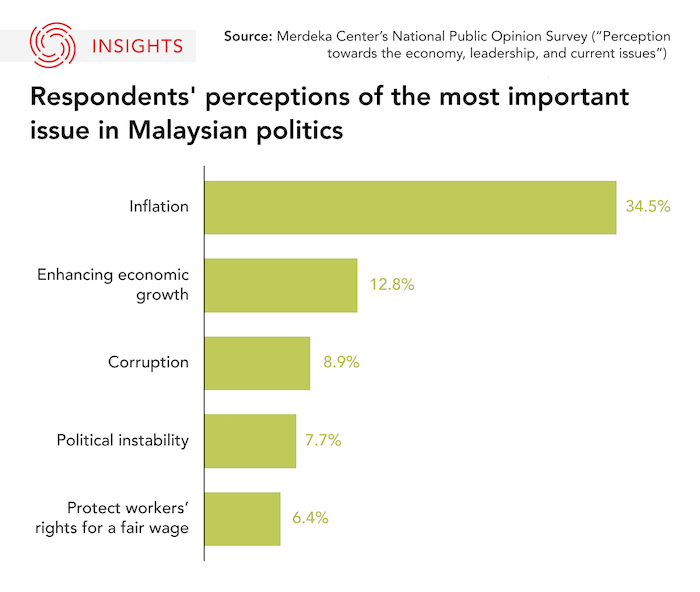
With a grim growth forecast of 4.5 per cent looming over 2023 (much lower than 2022’s growth rate of 8.7 per cent), Anwar’s pandemic ‘recovery budget’ has reduced taxes for micro, small, and medium enterprises and local entrepreneurs. Anwar has also introduced corporate tax incentives to attract foreign investments — especially in the electrical, electronics, and aviation sectors — and lure global firms to Malaysia.
Experts are calling it an “election budget” as it has been well-timed for the upcoming state elections in Kedah, Kelantan, Negeri Sembilan, Penang, Selangor, and Terengganu. Anwar’s allocation of development and infrastructure upgrade funding to most of these states, including Sabah and Sarawak, signals his hopes of winning majority votes in Kelantan, Terengganu, and Kedah, currently governed by Parti Islam Se-Malaysia (an ally of the opposition coalition Perikatan Nasional), and to strengthen his existing reign over Selangor, Negeri Sembilan, and Penang. Will the budget pan out, ensuring success in the impending state elections? All will be revealed in June 2023, but for now, Anwar has sailed through smoothly, with many applauding the mega-budget.
What’s Next
- Anti-corruption efforts hurting Malays
As part of the budget’s anti-graft measures, Anwar has called for the cancellation of a flood mitigation project worth C$4.5 billion (15 billion ringgit) and the Jana Wibawa infrastructure projects, worth C$2.1 billion (7 billion ringgit). He also demanded a retendering of these projects for transparency’s sake. This has drawn criticism from the majority Malay Muslim population, which enjoys special privileges through the Jana Wibawa projects, an exclusive infrastructure construction program supporting Malay Muslim contractors and implemented by the former government during the pandemic. It's plausible that the retendering move will impact voting patterns in the upcoming elections.
- Improving transparency
In his budget speech, Anwar committed to improving transparency in governance by legislating a Government Procurement Act and has also promised to strengthen the Whistleblower Protection Act of 2010 to better protect whistleblowers. If the transparency legislation is implemented without delay, it will be a remarkable milestone for Anwar and the broader anti-graft movement.
• Produced by CAST’s Southeast Asia team: Stephanie Lee (Program Manager); Alberto Iskandar (Analyst); Saima Islam (Analyst); and Tim Siao (Analyst).
